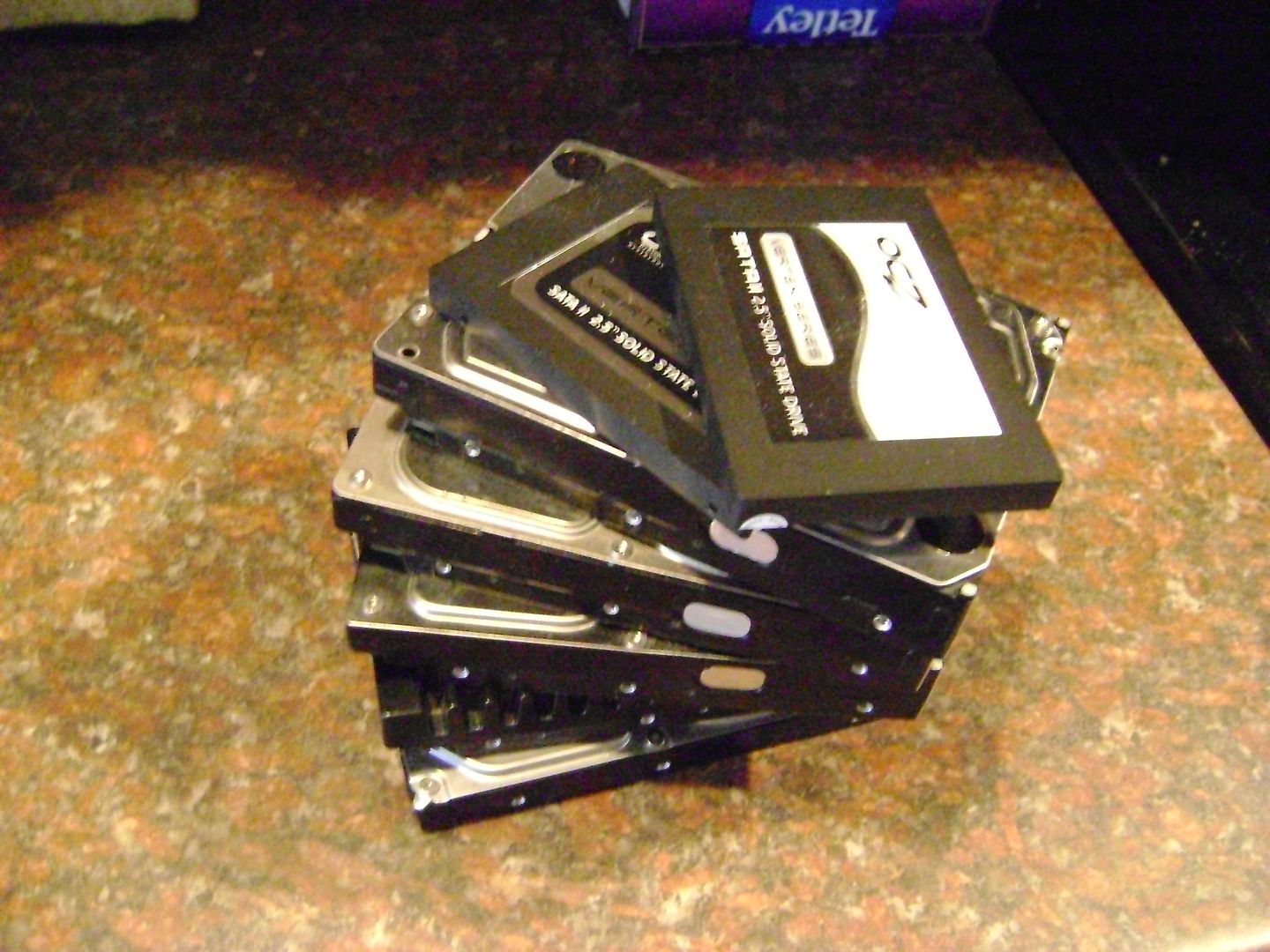Link is http://forum.pcinpact.com/topic/153...p8p67-deluxe/page__view__findpost__p__2555968For the millionth time link please.
Nobody who makes this claim is prepared to provide evidence.
But you will have to read French or use Google translate:
Symptoms HDD disappear when decompressing a large rar file
![[H]ard|Forum](/styles/hardforum/xenforo/logo_dark.png)
